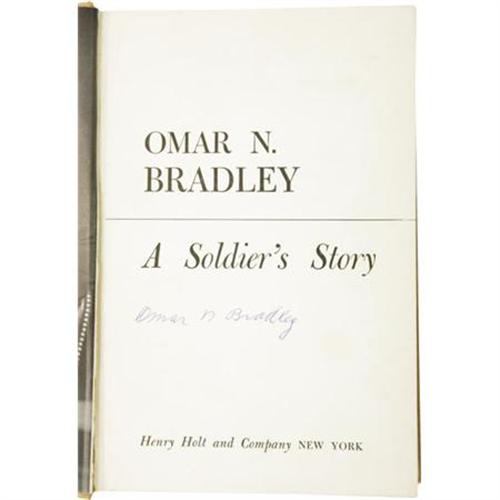

General Anthony Zinni, historian Arthur Schlesinger, Jr., and Governor Howard Dean have all used variations of the phrase in criticism of the Bush administration's handling of the Iraq war.

invasion of Iraq and the subsequent occupation. The quotation has since been used to criticize the planning and execution of the 2003 U.S. I will not risk American lives and a nuclear war by permitting any other nation to drag us into the wrong war at the wrong place at the wrong time through an unwise commitment that is unwise militarily, unnecessary to our security and unsupported by our allies. Kennedy echoed Bradley's sentiments in a speech given on October 12, 1960: From testimony before the Senate Committees on Armed Services and Foreign Relations, May 15, 1951.- Military Situation in the Far East, hearings, 82d Congress, 1st session, part 2, p. Frankly, in the opinion of the Joint Chiefs of Staff, this strategy would involve us in the wrong war, at the wrong place, at the wrong time, and with the wrong enemy. Red China is not the powerful nation seeking to dominate the world. The course of action often described as a limited war with Red China would increase the risk we are taking by engaging too much of our power in an area that is not the critical strategic prize. Under present circumstances, we have recommended against enlarging the war from Korea to also include Red China.

But a policy of patience and determination without provoking a world war, while we improve our military power, is one which we believe we must continue to follow…. I am under no illusion that our present strategy of using means short of total war to achieve our ends and oppose communism is a guarantee that a world war will not be thrust upon us. Here is a more complete passage of Bradley's testimony: forces in Korea before being relieved of command by President Harry Truman on April 11, 1951. "The wrong war, at the wrong place, at the wrong time, and with the wrong enemy" is General Omar Bradley's famous rebuke in his Congressional testimony as the Chairman of the Joint Chiefs of Staff to the idea of extending the Korean War into China, as proposed by General Douglas MacArthur, the commander of the U.N.


 0 kommentar(er)
0 kommentar(er)
